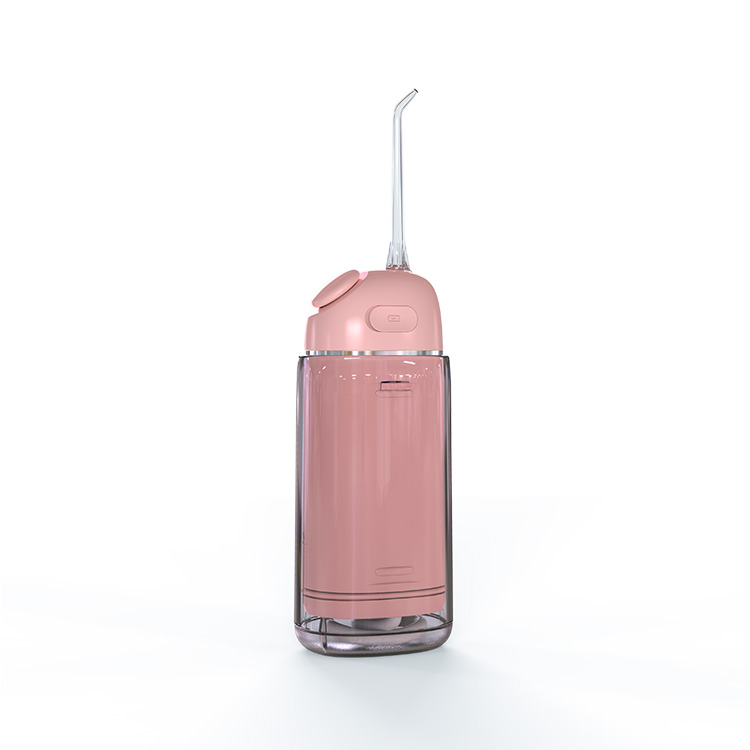Applications of Water Flosser
2024-03-07
Water flossers, also known as oral irrigators, have various applications in oral hygiene and dental care. These devices use a pressurized stream of water to clean between teeth and along the gumline, providing an alternative or complementary method to traditional dental floss. Here are some common applications of water flossers:
1. Plaque Removal:
- Water flossers are effective in removing plaque from between teeth and along the gumline. The pressurized water stream helps dislodge and flush away plaque, reducing the risk of cavities and gum disease.
2. Gum Health:
- Water flossers contribute to gum health by cleaning between teeth and below the gumline, where traditional floss may be challenging to reach. Regular use can help prevent gingivitis and promote overall gum health.
3. Orthodontic Care:
- Individuals with braces, dental bridges, or other orthodontic appliances often find water flossers beneficial. The pressurized water can navigate around wires and brackets, ensuring thorough cleaning in areas that may be difficult to reach with traditional floss.
4. Periodontal Health:
- People with periodontal pockets or mild to moderate gum disease can benefit from water flossers. The pulsating water stream can reach deeper into periodontal pockets, helping to reduce inflammation and promote better periodontal health.
5. Implant Care:
- Water flossers are suitable for individuals with dental implants. The gentle yet effective stream of water can help maintain the cleanliness of the implant area and reduce the risk of peri-implantitis.
6. Sensitive Teeth:
- For individuals with sensitive teeth or gums, water flossers offer a gentle and comfortable alternative to traditional floss. The adjustable pressure settings allow users to control the intensity of the water stream for a more comfortable experience.
7. Braces and Retainer Maintenance:
- Cleaning around braces, retainers, and other orthodontic devices can be challenging. Water flossers make this process easier by reaching between wires and brackets, ensuring thorough cleaning and reducing the risk of plaque buildup.
8. Complementing Brushing:
- Water flossers can be used as part of a comprehensive oral care routine, complementing toothbrushing to achieve optimal cleanliness. Many dental professionals recommend using both methods for thorough oral hygiene.
9. Convenience and Ease of Use:
- Water flossers are user-friendly and can be particularly helpful for individuals who may have difficulty using traditional floss due to dexterity issues or dental work.
10. Reducing Bad Breath:
- By removing plaque and bacteria from hard-to-reach areas, water flossers can contribute to fresher breath and improved oral hygiene.
It's important to note that while water flossers offer several benefits, they are not a substitute for regular brushing and should be used in conjunction with other oral care practices. Individuals with specific dental conditions or concerns should consult their dentist to determine the most suitable oral care routine for their needs.



